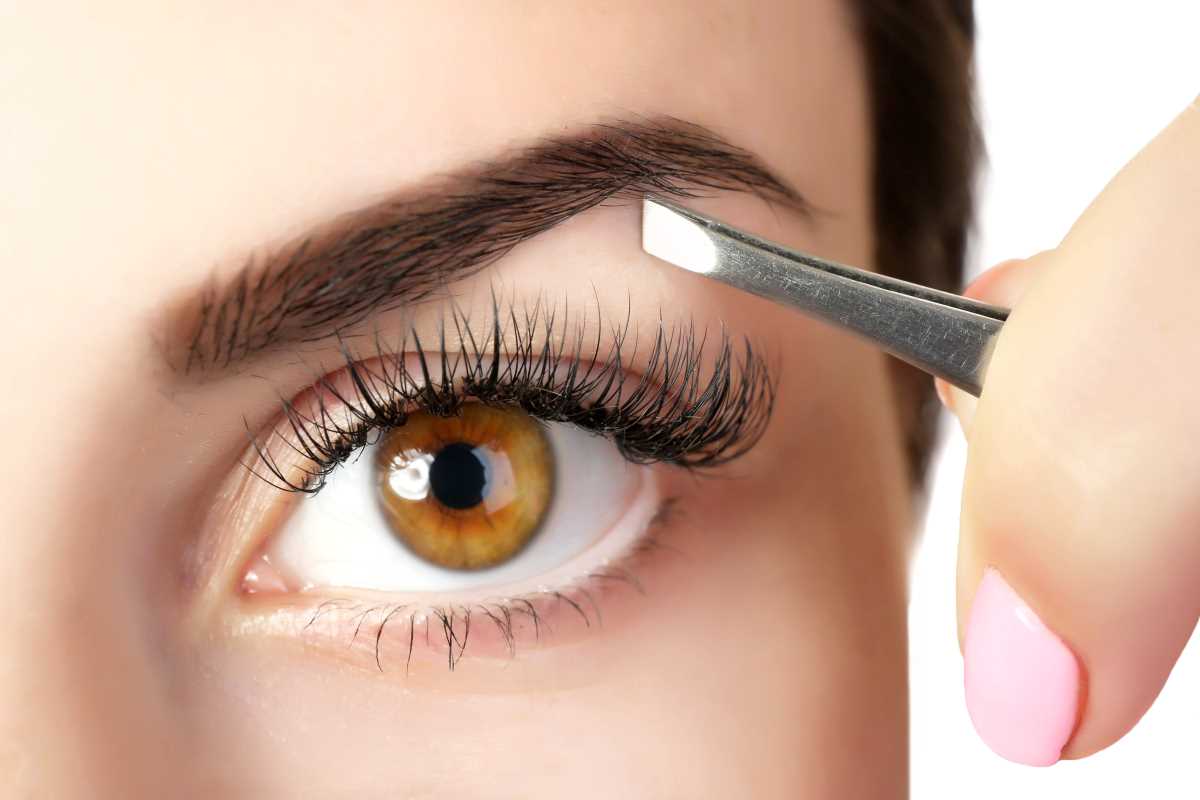When it comes to skincare, exfoliation is a crucial step in maintaining healthy and radiant skin. Exfoliators help remove dead skin cells, unclog pores, and reveal a smoother complexion, enhancing your skin's texture and glow. However, choosing the right exfoliator for your skin type is essential to avoid irritation or damage. With numerous options available, it can be overwhelming to pick the best one for your needs. Factors such as skin sensitivity, concerns like acne or dryness, and desired results should all influence your decision. These are some tips to help you choose the right exfoliator for your skin type so you can have the smooth skin of your dreams!
Exfoliating Scrubs:
Exfoliating scrubs are physical exfoliants that contain small particles to manually remove dead skin cells. If you have normal to oily skin, a scrub with fine particles can be effective in unclogging pores and smoothing rough skin. However, if you have sensitive skin, opt for a gentler scrub with round particles to avoid irritation.
Chemical Exfoliants:
Chemical exfoliants contain ingredients like alpha hydroxy acids (AHAs) or beta hydroxy acids (BHAs) that dissolve dead skin cells. These exfoliants are suitable for all skin types, including sensitive skin. AHAs like glycolic acid are great for dry skin, while BHAs like salicylic acid are ideal for oily and acne-prone skin.
Enzyme Exfoliators:
Enzyme exfoliators use fruit enzymes like papaya or pineapple to gently dissolve dead skin cells. These exfoliants are perfect for sensitive skin types as they provide a mild exfoliation without causing irritation. Enzyme exfoliators are also suitable for mature skin as they help boost cell turnover and brighten the complexion.
Physical vs. Chemical Exfoliation:
When choosing an exfoliator, consider the benefits of physical and chemical exfoliation. Physical exfoliants are excellent for buffing away rough patches, while chemical exfoliants penetrate deeper into the skin for a more thorough exfoliation. Some skin types may benefit from a combination of both methods for optimal results.
Frequency of Exfoliation:
It's important to consider how often you should exfoliate based on your skin type. Oily skin can tolerate more frequent exfoliation, while sensitive skin may only need exfoliation once or twice a week. Over-exfoliating can damage the skin's barrier, so it's essential to listen to your skin's needs and adjust the frequency accordingly.
Consult a Dermatologist:
If you're unsure about which exfoliator is best for your skin type, consider consulting a dermatologist. A skincare professional can assess your skin's needs and recommend the most suitable exfoliant for you. They can also provide guidance on how to incorporate exfoliation into your skincare routine for optimal results.
Choosing the right exfoliator for your skin type is essential to achieve healthy and glowing skin. By understanding your skin's needs and selecting the appropriate exfoliant, you can effectively remove dead skin cells, unclog pores, and reveal a smoother complexion. Whether you prefer a physical scrub, chemical exfoliant, or enzyme treatment, there are options available for every skin type. Experiment with different exfoliators to find the perfect match for your skin, and remember to listen to your skin's feedback to achieve the best results.
 (Image via
(Image via





